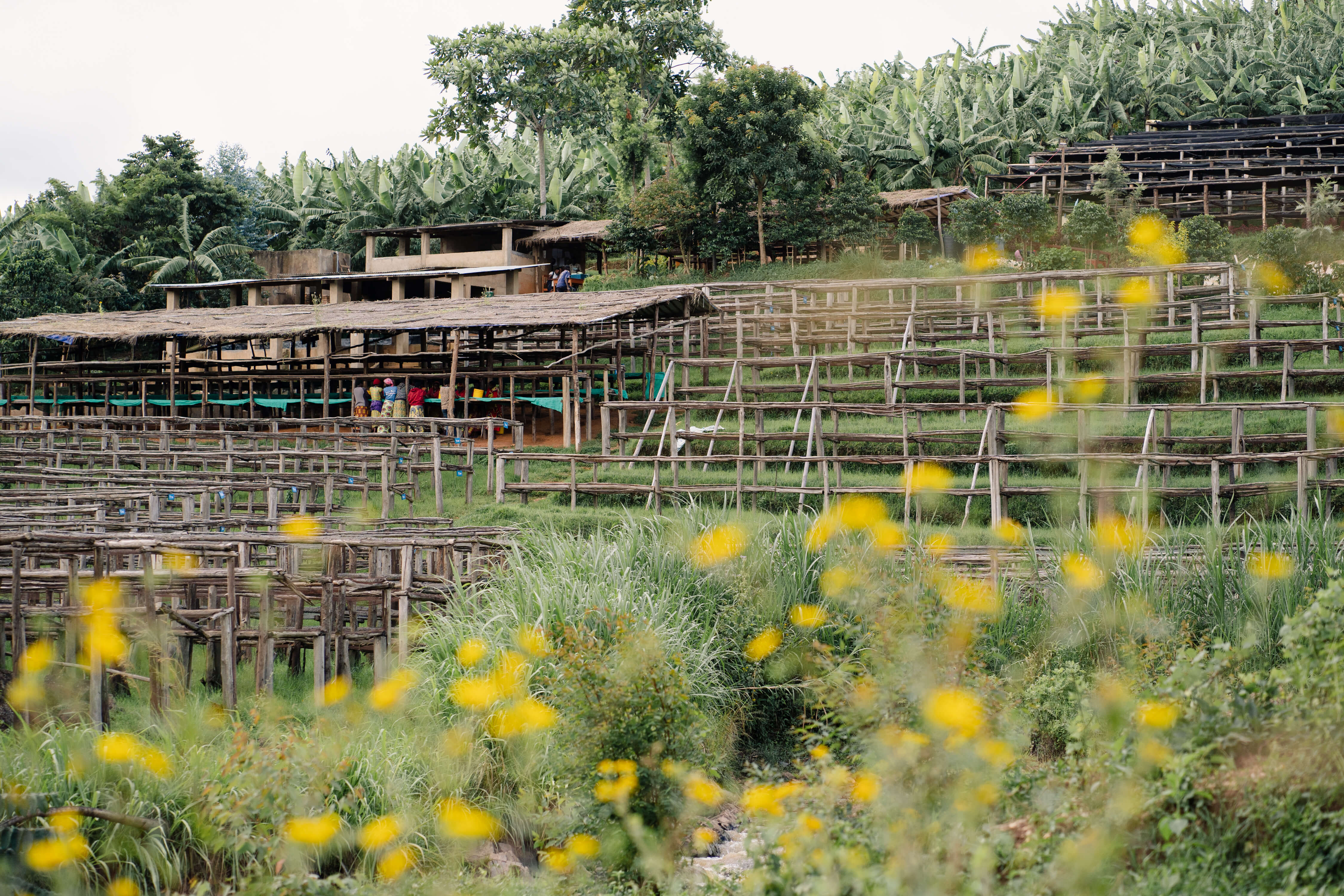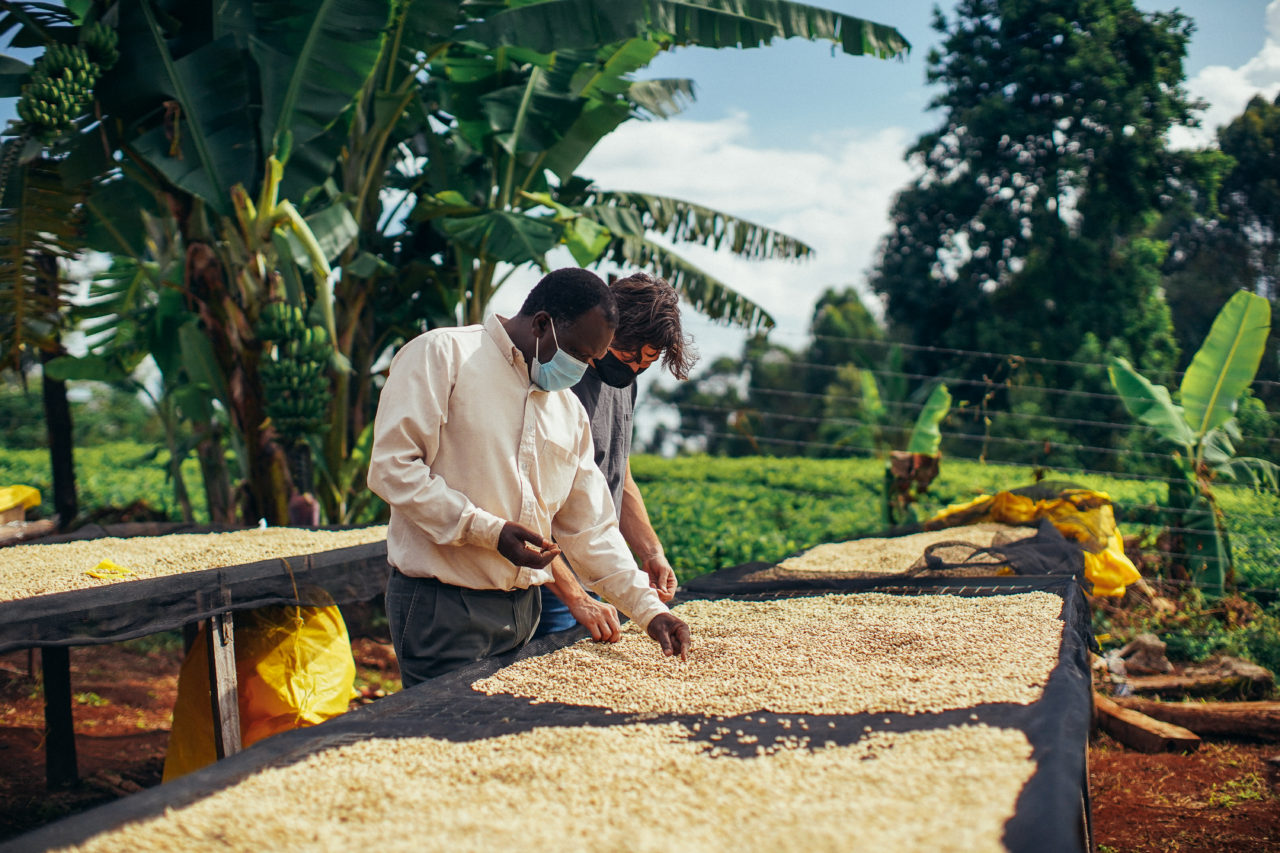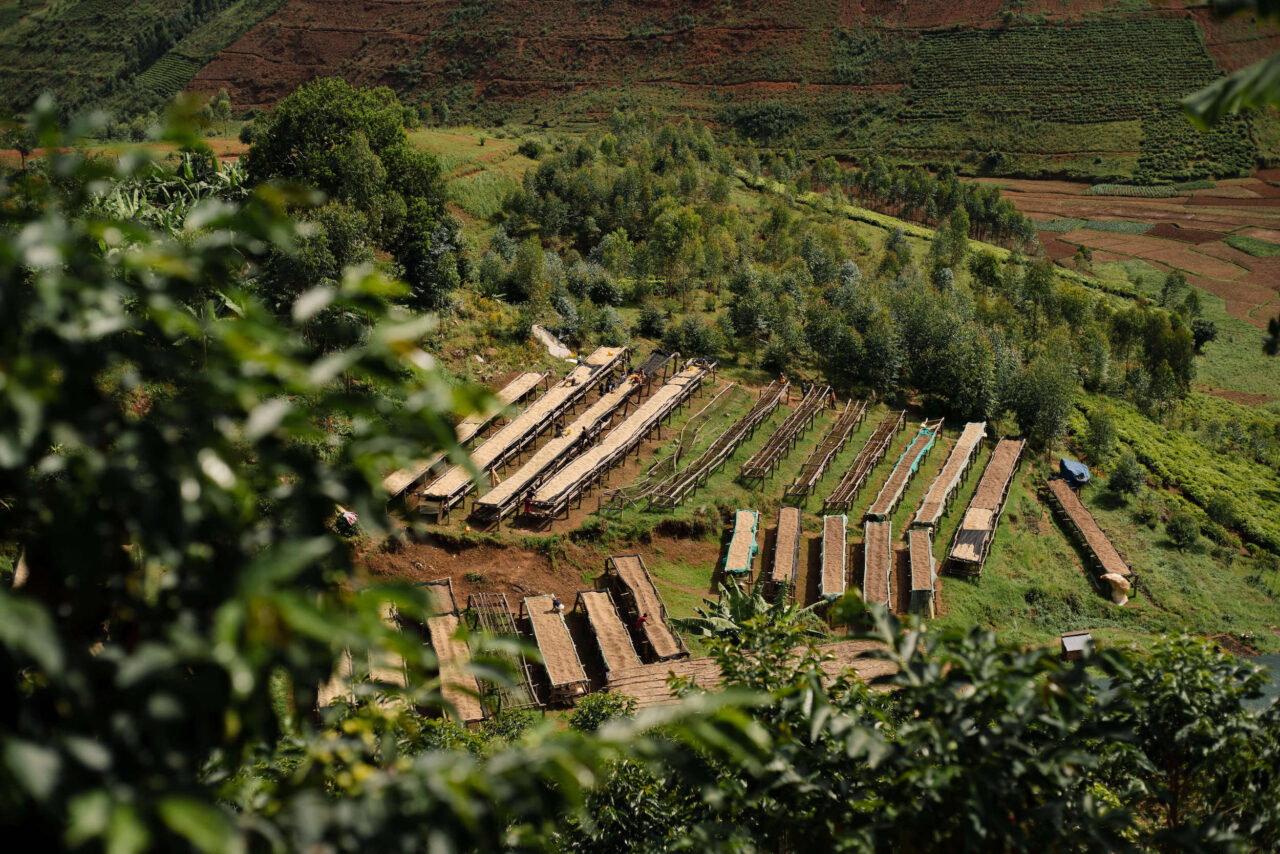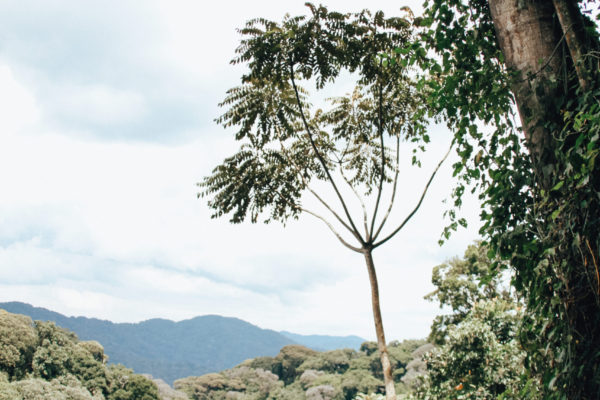Every coffee that is picked and processed needs a home, which is why coffee production takes different roads within our company.

The first road, modeled in Burundi, includes washing station ownership. In Burundi, we work with 5,500 smallholding farmers- who each grow less than a bag of coffee per annum- to produce and bring to market the coffee they grow. To accomplish this, we own three washing stations and work with farmers on eleven unique hills. Another crucial part of this model is farming. We own coffee farms that stand alongside our smallholding farmers. These farms act as model farms for the surrounding communities as well as give us a chance to experiment with and control some of the variables in growing coffee.

The second road coffee production takes within our company is partnership. In Kenya for example, we are partnering with Haron Wachira to rehabilitate and refurbish the Wachira family’s dormant coffee factory and farm located on Mount Kenya, in Kirinyaga County. In our first season, we worked directly with thirty coffee farming families who live in the community. While the Wachira Group is not solely focused on coffee, we share the same vision of working with small-scale coffee farmers to improve their production, access to markets, and the price paid for their coffee.

We can’t control how much coffee is produced in a season, which is why the third road that coffee production takes at Long Miles is sourcing from partnering coffee producers. Our intention is always to produce our own coffee, but some years we will also share coffees from local partnering coffee producers that have stood out to us on the cupping table. Partnering with these coffees enables us to continue year-round projects and programs that have become essential to who we are, whether that is our team of Long Miles Coffee Scouts, our Trees For Kibira reforestation project, or running Farmer Field Schools– to name a few.
No matter which of these roads we take, our end goal is the same: producing excellent coffees, uplifting the smallholding farmers who grow them, and meeting you, our roasting partners, where you’re at. You might already know this or be familiar with these names, but these are the coffees that our company produces:
Long Miles Micro-lots
To us, micro-lots are coffees that have been carefully curated based on two primary factors: traceable down to a distinct geographical locale where the coffee was grown, and a cup score of 86+ designated by our team. Each delivery of coffee cherry that we receive from our partner farmers at one of our washing stations is sorted and processed differently, depending on the country of origin.
Kibira Micro-lots
Kibira micro-lots are coffees that have been processed by coffee producers surrounding our Long Miles Washing Stations. Our cupping lab and quality control team cups through many dozens of lots in order to find the best coffees to partner with. We source these 86+ scoring coffees knowing that at every step of the way they have been processed according to the Long Miles Coffee standard. Partnering with these coffees enables us to continue programs that have become essential to who we are, namely the Long Miles Coffee Scouts and Trees For Kibira.
Kibira
Kibira lots represent coffees that have been sourced from partnering coffee producers. These coffees, ranging in quality and price, are tailored to your needs based on pre-harvest conversations and are typically contracted in larger quantities.
Hills
Our priority is to produce coffee that is of micro-lot quality, yet some of the coffees that we process fall slightly below the 86 mark designated by our team. Coffees that score between 84-85 points, are blended together and are traceable by washing station and called “Hills.”
If you have any questions about our coffee, please get in touch!



